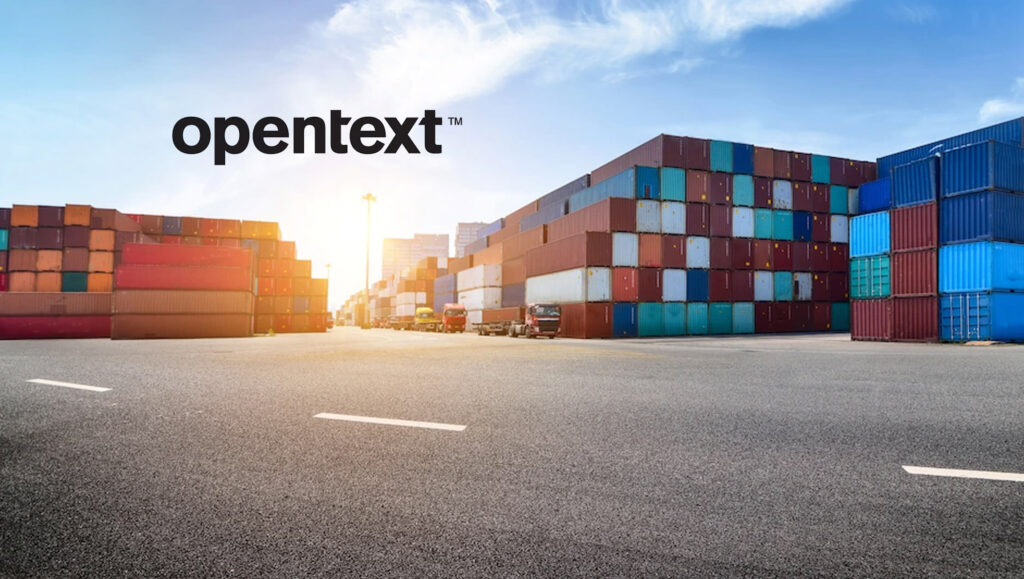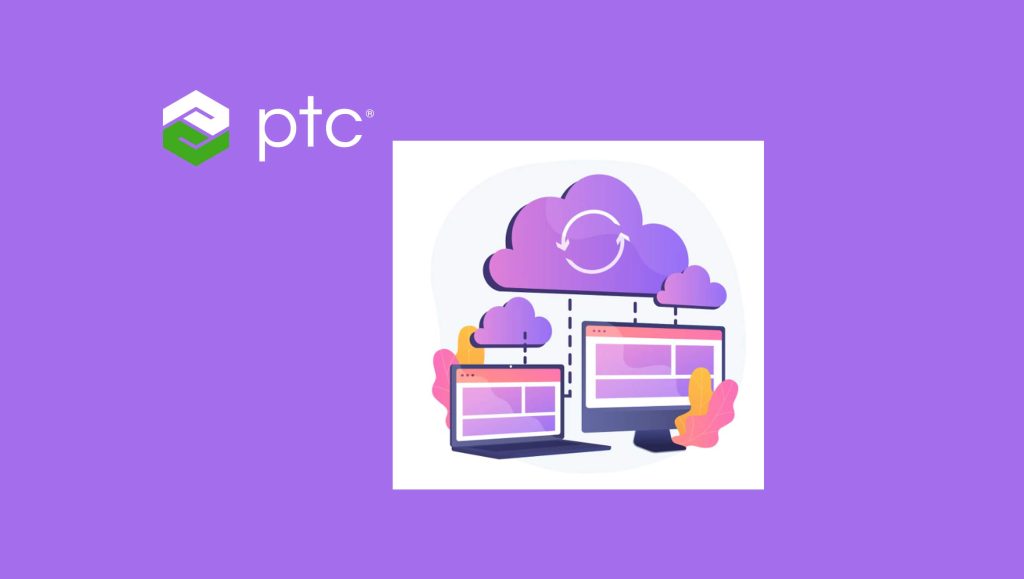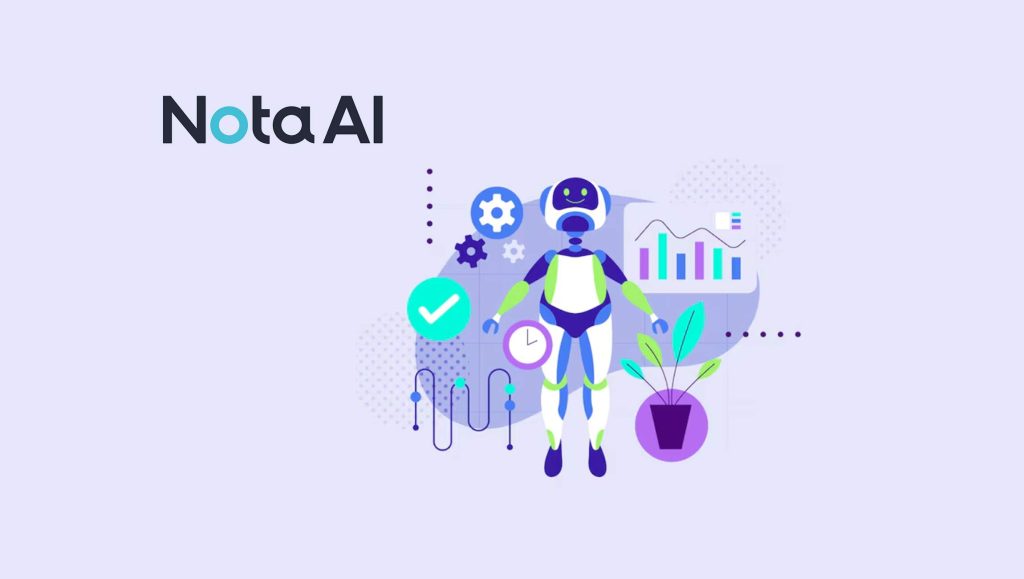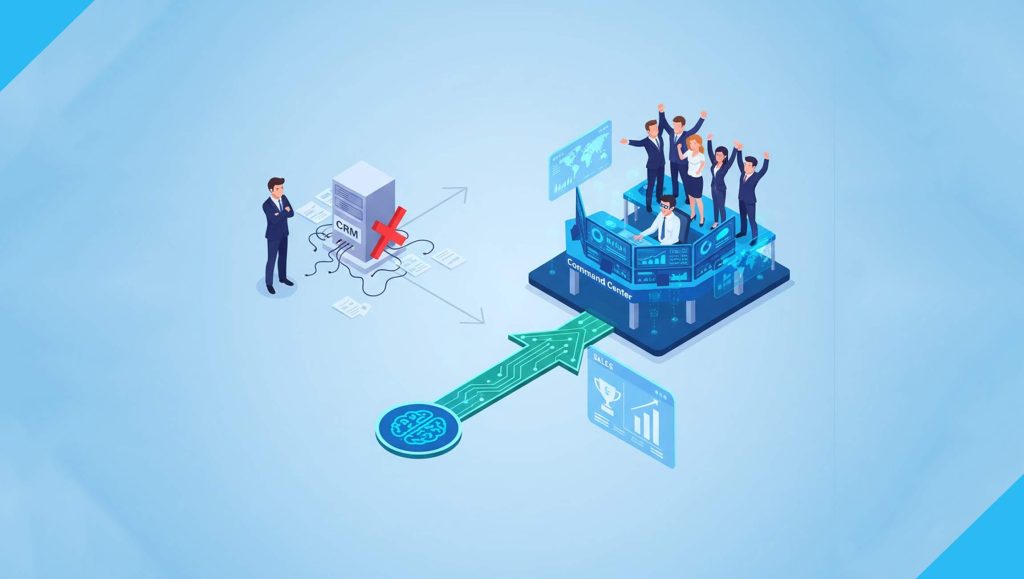OpenText commissioned survey reports thatB2B integrationhelps to improve the cost, efficiency, and visibility of supply chain operations
A new IDC White Paper, sponsored by OpenText, unveils that one of the biggest gaps in supply chain efficiency is the adoption of modern, digital technologies. As the study suggests, those companies more progressed in their business-to-business (B2B) digital transformation journey outperform those less progressed in revenue, profit, customer satisfaction, and responsiveness rate.
Survey highlights
With the current levels of supply chain complexity, global reach and partner/supplier diversity, it has become clear that the ‘old’ ways of doing things do not work in today’s modern supply chain. This study demonstrates the resiliency of digital transformation in the supply chain, with over 78% of respondents reporting that B2B integration has improved the overall performance of their supply chains.
“B2B integration represents the backbone of a digital-first, resilient supply chain and should be a top priority for those companies that remain encumbered by manual paper-based processes,” said Simon Ellis, Program Vice President at IDC.
Read More: SalesTechStar Interview with Staci Satterwhite, COO at Khoros
B2B integration is necessary for a resilient supply chain
Although supply chain resiliency is critical in today’s disruptive environment, companies have often found it difficult to detail the business case fully, justify return on investment, and build the necessary internal capabilities. In fact, while 71% of organizations have increased investments within their supply chain, only 6% of respondents reported being at the highest level of digital supply chain resiliency maturity3, indicating that there is still significant progress to be made and value to be realized by utilizing modern processes and digital technologies.
“Connecting, accessing, and analyzing the data produced by today’s digital supply chains to manage your business better is crucial for most organizations today,” said Sandy Ono, Executive Vice President and Chief Marketing Officer at OpenText. “The latest findings from IDC confirm that the future of the supply chain is to bring information and automation together, and OpenText is proudly leading organizations through these critical business transformations.”
Supply chain integration as a competitive advantage
Advanced supply chain integration capabilities can help support more efficient and effective current approaches as well as new models that translate directly to business performance. When asked about the level of improvement of their supply chain by automating a range of different kinds of collaboration documents, 80% of survey respondents cite levels of improvement, including the cost of handling and sharing information, staffing efficiencies, and improvements in Key Performance Indicators (KPIs)4. B2B integration capabilities and processing align with top business priorities of reducing operational and logistical costs, faster time to market, improving data quality/accuracy and progressing visibility.
Recognizing the need for a seamless B2B integration and a future-proof supply chain, OpenText offers a portfolio of end-to-end solutions through the OpenText Business Network Cloud. This network provides users with the ability to automate business processes and facilitate efficient, secure, and compliant collaboration between people, systems, and things – providing a true foundation for establishing an advanced digital backbone to help support business growth and transformation initiatives. By connecting to OpenText’s powerful suite of cloud applications via our secure, scalable and highly reliable OpenText Trading Grid platform, users can allow internal and external stakeholders to collaborate seamlessly across this single and central network to exchange transactions such as purchase orders, shipment notices and payment instructions.
“Ease, speed, quality and choice is at the heart of our approach and OpenText Trading Grid has helped to streamline key supply chain processes, reducing administrative burden and improving our ability to more quickly bring new suppliers into our network,” said Paul Wilkins, Head of Source to Pay, at Co-op Group. “Additionally, the ability of suppliers to electronically share information on inbound deliveries via an Advanced Shipping Notification allows our distribution centre teams to plan and allocate resources more efficiently, eliminate paper-based communication and ensure improved inventory accuracy – helping to deliver what our customers want, when and where they need it, conveniently.”
AI and advanced analytics are essential for B2B integration
The study also highlighted the significant role of artificial intelligence and advanced analytics in the maturity of B2B integration. 44% of companies reported that they are currently using Artificial Intelligence (AI)/Machine Learning (ML) to generate more predictive insights from across their supply chain operations. On the other hand, 17% of respondents reported that they only use basic analytics5. Whether B2B information sharing specifically or supply chains more broadly, the ability to leverage all available data is rapidly becoming imperative and a source of competitive disadvantage for companies that fall behind.
Read More: How Conversational AI Can Recession-Proof Your Business by Unlocking Revenue





















